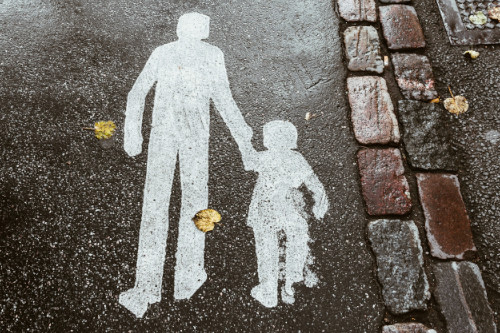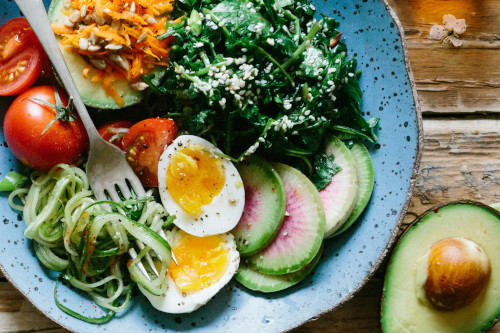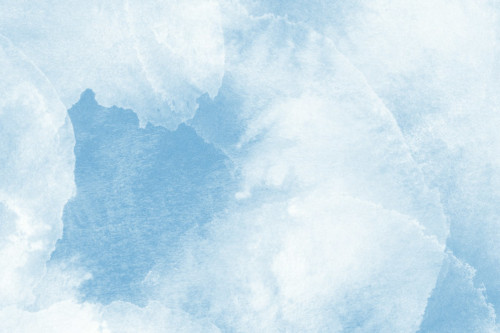It’s amazing what you can have delivered these days. One evening last month, I ordered a chicken katsu curry and my dad’s death certificate.
My father died in 2005 at the age of fifty. I was seventeen. At several junctures over the last twenty years, I’ve asked my mother to explain to me again, one more time, exactly what he died of. Bet she loves that. They’d divorced many years earlier and my brother and I would visit Dad every other weekend. I’ve always known his drinking was at the root of it. I’ve also talked about his alcoholism extensively in my own treatment and ongoing therapy. Despite my dear mum explaining to me multiple times that he’d developed a pancreatic tumour in relation to his drinking, it wouldn’t quite lodge in my brain as fact. Every few years, I would sort of half-forget, or question if I was remembering my mother’s account of his death correctly. Weird.
So, this year, I decided to get some clarity that I could literally keep. The certificate duly arrived in the post - and there it was - listed first for underlying cause of death: ‘Chronic alcoholism’. Then, typically, some emotions happened. I noticed the familiar, quiet hum of sadness getting a little louder, coupled with a profound feeling of validation. Chronic alcoholism. Acknowledged in black and white. Official. Recorded. That is what happened. My dad suffered from chronic alcoholism and that’s why he’s gone.
Over the past couple of years, I’ve had a recurring thought (though not a belief) that maybe I’d been protected from the full truth - and that my father had in fact died by suicide. In a recent session with my therapist, I explored this and accepted that in a way, he had. As a teenager, I would sometimes find myself fantasising about him having passed away. I’d imagine the outpouring of sympathy I’d receive from family, friends, and teachers. I used to feel a lot of shame for having those thoughts. I understand now that the fantasy wasn’t about him being gone - though there would be some relief when it did eventually happen. Rather, it was a longing for an unmet need to be met, for someone to acknowledge it all and say, ‘F****** hell, no wonder you’re struggling, look at what you’ve been carrying’. Reflecting on it again now, I wanted permission to be angry, to stop masking and show everyone how traumatised I was by his alcoholism.
By the age of thirteen, I’d made the life decision to never drink alcohol. Not a sip. Not a drop. ‘Not even on your wedding day?!’... especially not on my wedding day - sorry, Granny. Now, in my mid-thirties, it’s been sixteen years since I went into residential treatment for addiction. Reasonable to assume then, that somewhere along the way, alcohol found its way into the old blood stream of consciousness and things all got a bit gnarly. Things did get a bit gnarly, but I’ve still never had a drink. Even in the shambolic and eventually rather dull grip of addiction to other stuff, I somehow avoided it. It would feel misleading to refer to myself as an alcoholic, but I approach recovery as if I am one. The stakes are too high. It’s also just far simpler this way. Alcohol is a powerful psychoactive substance, capable of activating the very same reward pathways in the brain as other drugs and reawakening the addictive cycle. Through both my personal and professional work in this area, my position on this topic aligns with that of Narcotics Anonymous: that those recovering from addiction can’t afford to see alcohol as separate from other drugs - and that doing so will likely lead to a full blown relapse.
After Dad died, it seemed like none of the adults in the family, except my mum and my stepdad, were able to utter the word: alcohol. It certainly wasn’t mentioned by anyone at his funeral. Some years later, my grandfather – lovely, pensive, in pain – once referred to Dad as someone who had been ‘messing about’. One Christmas, another elderly relative awkwardly managed something like, ‘ah well yes, hmm, he had a tricky time with the old bottle’ – not a bad effort, in fairness. I don’t blame them for not knowing how to talk about it, especially to me or my brother. ‘Bit awks’, as they say. This stuff is hard to talk about and there is a time and a place. Silence though, however well intentioned, can breed shame and confusion.
Dad never once offered me a drink. I think that was his way of trying to protect me – quietly and desperately pencilling in the boundary he couldn’t draw for himself. Years before he died, my mother sat me and my brother down and gently explained to us that Dad was an alcoholic, and what that meant. That was her having the hard conversation — and there would be more to come. She named the thing that had already shaped so much of our early lives. It was an act of truth-telling, of courage, and of love. As young children, we could already feel something wasn’t right. But when you’re a child, sometimes you need a grownup to say, “Yes, it feels wrong — and here’s why.” Her naming it was tough, but it gave me a frame of reference, a language to begin understanding what we were living through. It isn’t about placing blame or reducing someone’s life to their addiction. It’s about recognising struggle and giving context to our own stories. Understanding and openly acknowledging the role alcohol has played in a loved one’s life – or in our own – can be profoundly healing and potentially lifesaving.












